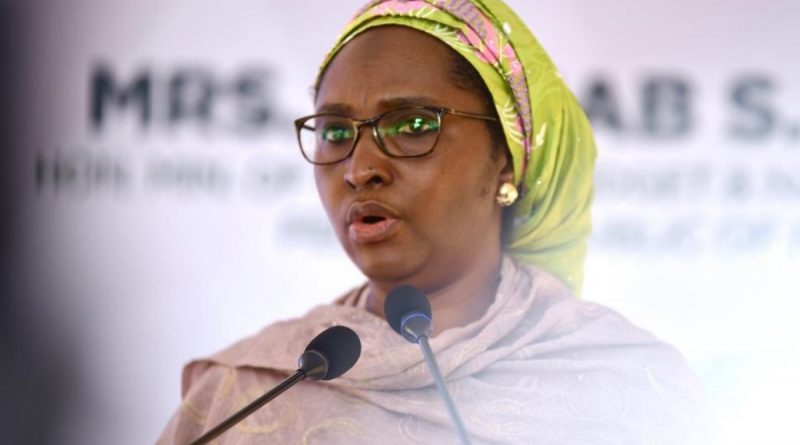Nigeria’s Debt Management Office has disclosed that the nation’s overall public debt stood at ₦87.38tn by the end of the second quarter in 2023.
The figure has surged by 75.29 percent, translating to N37.53tn, in contrast to the ₦49.85tn registered at the end of March 2023.
The DMO, in its Thursday report, clarified that the debt figure incorporates the N22.71tn in Ways and Means Advances offered by the Central Bank of Nigeria to the Federal Government.
The DMO stated, ‘Nigeria’s total public debt stock as at June 30, 2023, was N87.38tn ($113.42bn). It comprises the total domestic and external debts of the Federal Government of Nigeria, the thirty-six states, and the Federal Capital Territory.’
‘The major addition to the Public Debt Stock was the inclusion of the N22.712tn securitized FGN’s Ways and Means Advances.’
The statement also underlined that the debt accumulation was influenced by fresh loans secured by the Federal Government and regional administrations, stemming from both domestic and overseas sources.
It added, ‘The reforms already introduced by the present administration and those that may emerge from the recommendations of the Fiscal Reform and Tax Policies Committee, are expected to impact debt strategy and improve debt sustainability.’
The DMO had previously forecasted that Nigeria’s public debt load could reach N77tn subsequent to the National Assembly’s endorsement of the request by former President Muhammadu Buhari to reconfigure the CBN’s Ways and Means Advances.
This lending program, known as Ways and Means Advances, is utilized by the CBN to bridge gaps in the government’s budgetary needs.
Read also: DMO Warns Tinubu As Nigeria’s Debt Profile Nears ₦81tn
Speaking at a public presentation of the 2023 budget hosted by the former Minister of Finance, Budget and National Planning, Dr. Zainab Ahmed, the Director-General of the DMO, Patience Oniha, highlighted that, excluding N5tn in fresh borrowings and N2tn in promissory notes, the debt would stand at N70tn.
However, the most recent figures indicate that the current debt total of N87.38tn exceeds the DMO’s forecast by N10.38tn.
Further analysis of the data indicates that Nigeria possesses a combined domestic debt of N54.13tn and an aggregate external debt of N33.25tn.
The domestic debt constitutes 61.95 percent of the total debt, while the external debt comprises 38.05 percent.
Notably, there was a substantial rise in both domestic and external debt over the course of just three months.
During Q1 2023, the domestic debt surged by 79.18 percent, climbing from N30.21tn, while the external debt saw a rise of 69.28 percent from N19.64tn.
The DMO’s 2022 Debt Sustainability Analysis Report sounded a warning that the Federal Government’s projected revenue of N10tn for 2023 would be inadequate to accommodate new borrowings.
According to the office’s statement, the government’s projected debt service-to-revenue ratio of 73.5 percent for 2023 is considered high and represents a challenge to debt sustainability.
It was pointed out that the government’s current revenue situation was inadequate to accommodate greater levels of borrowing.
In a report titled, ‘Report of the Annual National Market Access Country Debt Sustainability Analysis (DSA),’ the debt office said, ‘The projected FGN Debt Service-to-Revenue ratio at 73.5 per cent for 2023 is high and a threat to debt sustainability.’
‘It means that the revenue profile cannot support higher levels of borrowing. Attaining a sustainable FGN Debt Service-to-Revenue ratio would require an increase of FGN Revenue from N10.49tn projected in the 2023 Budget to about N15.5tn.’
The DMO has stressed that the government should concentrate on enhancing revenue generation by implementing wide-ranging revenue mobilization initiatives and reforms, which encompass the Strategic Revenue Growth Initiatives and all its facets. The goal is to raise the country’s tax revenue to GDP ratio to align with that of its peer countries.
The DMO stated that the Federal Government would face limitations in borrowing significantly as it approaches its self-imposed debt limit of 40 percent.
In order to minimize borrowing and alleviate the budget deficit, the DMO suggested that the government should promote private sector participation in funding certain capital projects, currently financed through borrowing, using public-private partnership schemes.
